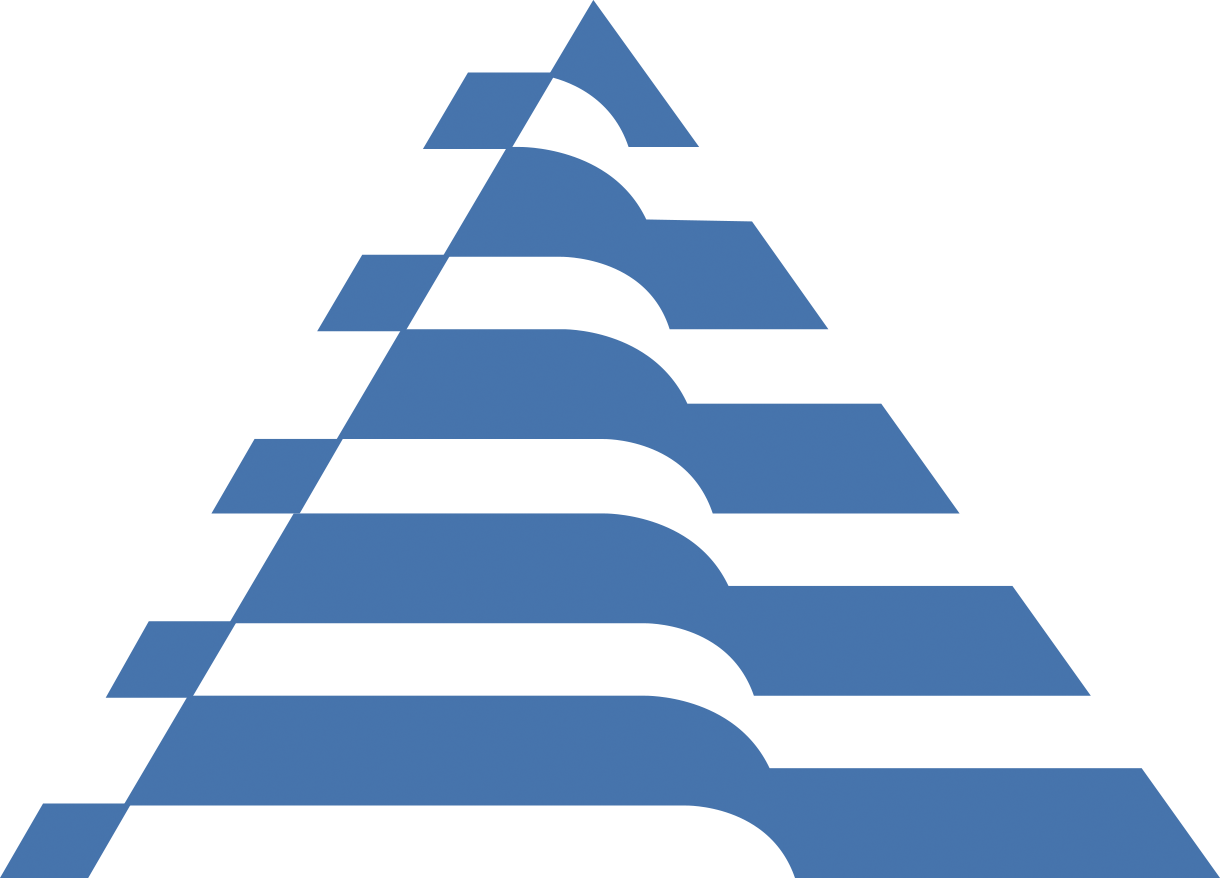
The 11th U.S. Networked Knowledge Organization Systems (NKOS) Workshop will take place on Saturday, October 28 as part of DC-2017 in Crystal City, VA (Washington, D.C.)

Submission deadline: Friday, 30 June 2017 Monday, 18 July 2017
Notification of acceptance: Tuesday, August 15, 2017
Proposals are invited for the following:
-
Presentations. Typically 20 minutes plus discussion time, potentially longer if warranted, on work related to the themes of the workshop (see below). There is also an option for a short 5 minute Project Report Presentation.
-
Demos. Demonstration on work related to the themes of the workshop (see below)
Please email proposals (maximum 1000 words for Presentations and 500 words for Demos and Project Reports, including aims, methods, main findings and underlying work, relevance to themes of workshop) to Joseph Busch ([email protected]). Proposals will be peer-reviewed by the NKOS Program Committee. At least one presentation author needs to register for the workshop (this is a strict requirement).
After the workshop, copies of both proposals and presentations will be made available on the workshop website as well as be subject to the DCMI copyright provisions. Presentations from the workshop may be encouraged to be submitted as extended papers for a peer reviewed journal publication.

-
Research Data Management (RDM). NKOS welcomes presentations that focus on the knowledge organization issues related to controlled vocabularies, name authority, taxonomy, and other KOS to enable access to collections, e.g., in order to be able to replicate scientific results. What are the KOS requirements related to data storage and preservation; and communication, coordination and collaboration to support librarian and researcher needs?
-
Aggregation. The objective of linked open data is to provide distributed access to vocabularies and content that uses vocabularies. Actually using vocabularies to aggregate distributed content is a special case that reconstructs collections that are now dispersed. Examples include Renaissance artist sketchbooks, natural history collections from enlightenment humanists, etc.
-
Metadata Enrichment. This theme relates to reusing existing metadata sources and adding additional controlled vocabularies, name authority, taxonomy, and other KOS to create new resources. E.g., building a new data resource based on selecting content from the Code of Federal Regulations and enriching the collection by adding new vocabularies.
-
Authority Control. How does authority control work in a global linked data community? What agencies should and are willing to be responsible for the names of public agencies, companies, subsidiaries, brands and trademarks, and artists who constitute a national group based on birth place and/or area of activity.
-
Metrics and Quality. How are controlled vocabularies, name authority, taxonomy and other KOS quantified and qualified? What are the appropriate dimensions of use and validation. Does Google Analytics have a role? Are there other methods and practical applications?
-
Life Cycle Management. What is the common lifecycle of terms within controlled vocabularies, name authority, taxonomy and other KOS? What are the downstream impacts and best practices for handling of vocabulary changes?

» Joseph Busch, Taxonomy Strategies
» Jane Greenberg, Drexel University
» Diane Hillman, Metadata Management Associates
» Gail Hodge, Information International Associates
» Kathryn La Barre, University of Illinois at Urbana-Champagne
» Jian Qin, Syracuse University
» Dagobert Soergel, University at Buffalo
» Joseph Tennis, University of Washington
» Diane Vizine-Goetz, OCLC Research
» Marcia Zeng, Kent State University
![]() DCMI's work is supported, promoted and improved by « Member organizations » around the world:
DCMI's work is supported, promoted and improved by « Member organizations » around the world:
 |  |  |
 |  |  |
 |  |  |
 |  |  |
 |
![]() DCMI's annual meeting and conference addresses models, technologies and applications of metadata
DCMI's annual meeting and conference addresses models, technologies and applications of metadata


